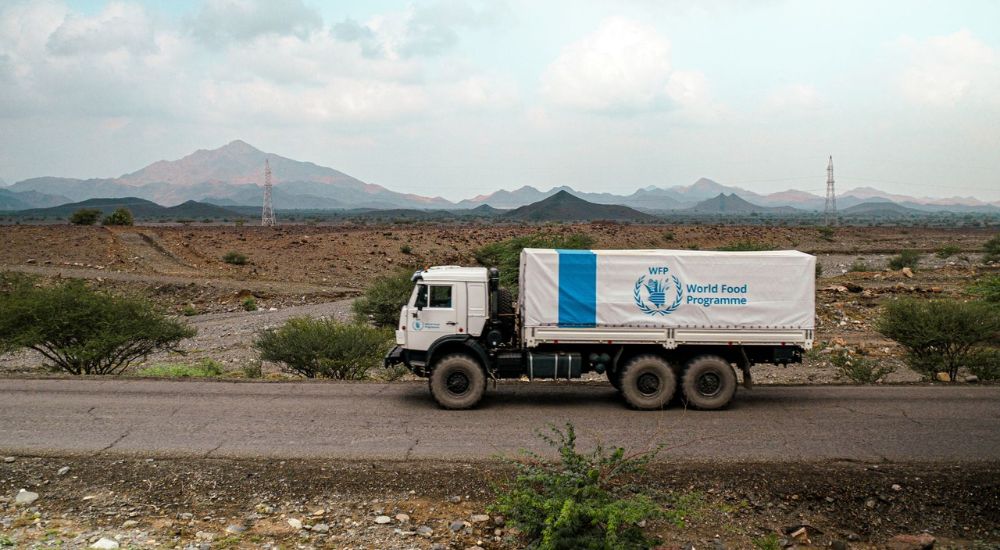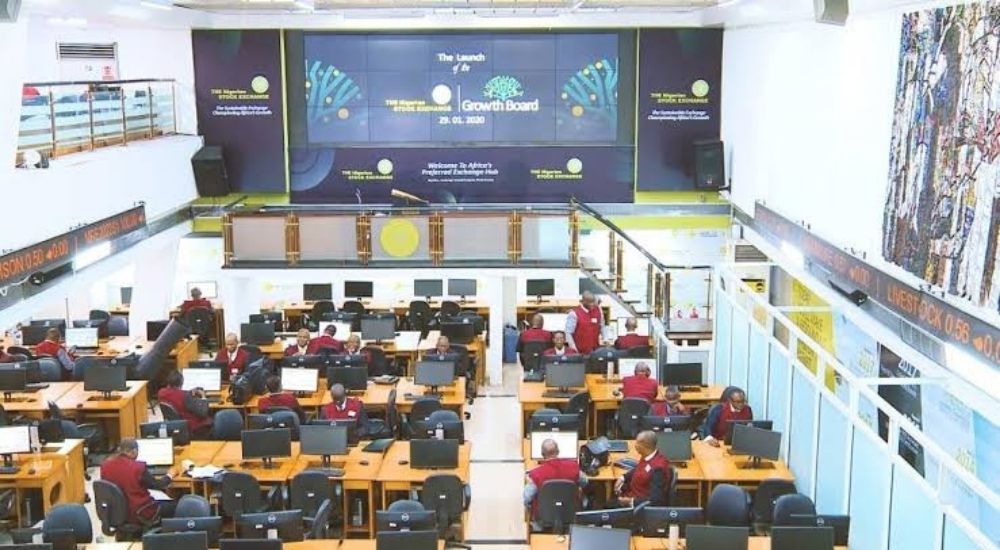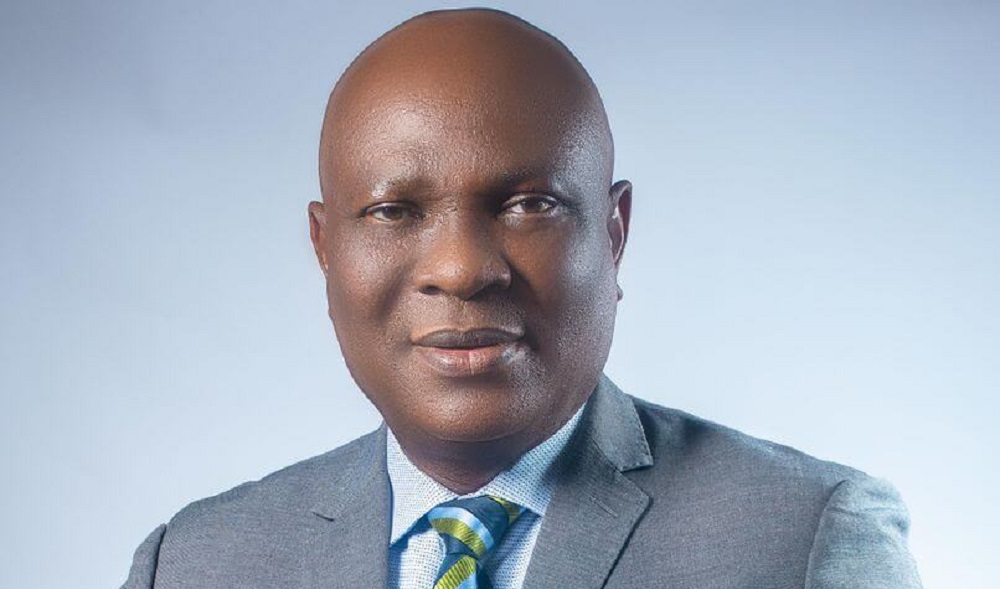Seven African Countries Affected As Trump Imposes Entry Ban On 12 Nations

U.S. President Donald Trump has announced a sweeping new immigration policy that bans citizens from 12 countries from entering the United States, including seven African nations, in what many are calling a reinstatement of his controversial travel ban from his first term.
The countries facing a full travel ban are: Afghanistan, Myanmar, Chad, Republic of the Congo, Equatorial Guinea, Eritrea, Haiti, Iran, Libya, Somalia, Sudan, and Yemen.
In addition, seven more countries face partial entry bans: Burundi, Cuba, Laos, Sierra Leone, Togo, Turkmenistan, and Venezuela. These partial bans target specific visa categories or individuals deemed high-risk, according to administration officials.
“We’re doing this to protect American lives,” President Trump said in a video statement released on Wednesday.
“The recent attack in Colorado showed, once again, what happens when people enter this country without proper vetting.”
Trump cited the Colorado incident, where an Egyptian national was identified as the alleged attacker, as justification for the new restrictions.
Yet Egypt was notably excluded from the list of affected countries — a detail that has drawn scrutiny from critics and immigration advocates.
Of the 12 countries facing full bans, seven are African — continuing a pattern critics say reflects discriminatory targeting of the continent.
The African nations include Chad, Republic of the Congo, Equatorial Guinea, Eritrea, Libya, Somalia, and Sudan.
Despite the wide-reaching nature of the ban, several categories of travelers are exempt.
According to the presidential proclamation, “Athletes traveling for major sporting events such as the Olympics or the World Cup.
“Holders of immigrant visas facing religious or ethnic persecution, particularly from Iran.
“Afghan nationals with Special Immigrant Visas (SIVs).
“Lawful permanent residents (green card holders)
“Dual nationals holding passports from unaffected countries,” are not banned.
The U.S. hosts the world cup alongside Canada and Mexico in 2026. The final would be held in the U.S.
It also hosts the 2028 Olympics in Los Angeles.
The ban also partially affects Cuba and Venezuela, two Latin American countries that have contributed significantly to the spike in asylum seekers along the U.S.-Mexico border in recent years.
Reinstating the travel ban fulfills a major campaign promise from Trump’s 2024 presidential run. During a July rally in Minnesota, he declared, “We will restore the travel ban, suspend refugee admissions, stop the resettlement, and keep the terrorists the hell out of our country.”
Since returning to office, the administration has frequently repeated the slogan “Promises made, promises kept”, suggesting that more immigration crackdowns may follow.
Some Democrats have condemned the immigration policy. “This ban, expanded from Trump’s Muslim ban in his first term, will only further isolate us on the world stage,” Pramila Jayapal, a congresswoman from Washington, stated in a social media post.
“Banning a whole group of people because you disagree with the structure or function of their government … lays blame in the wrong place,” she added.
Also, another Democrat, congressman Don Beyer, said “betrayed” the ideals of the US’ founders.
Writing on social media, she said, “Trump’s use of prejudice and bigotry to bar people from entering the U.S. does not make us safer, it just divides us and weakens our global leadership.”
VenezuelanInterior Minister Diosdado Cabello immediately warned that “being in the United States is a great risk for anyone, not just for Venezuelans.”
“The people who govern the United States are bad people – it’s fascism, they are supremacists who think they own the world and persecute our people for no reason”, he added in a quick reaction to the announcement.
Seven African Countries Affected As Trump Imposes Entry Ban On 12 Nations is first published on The Whistler Newspaper





